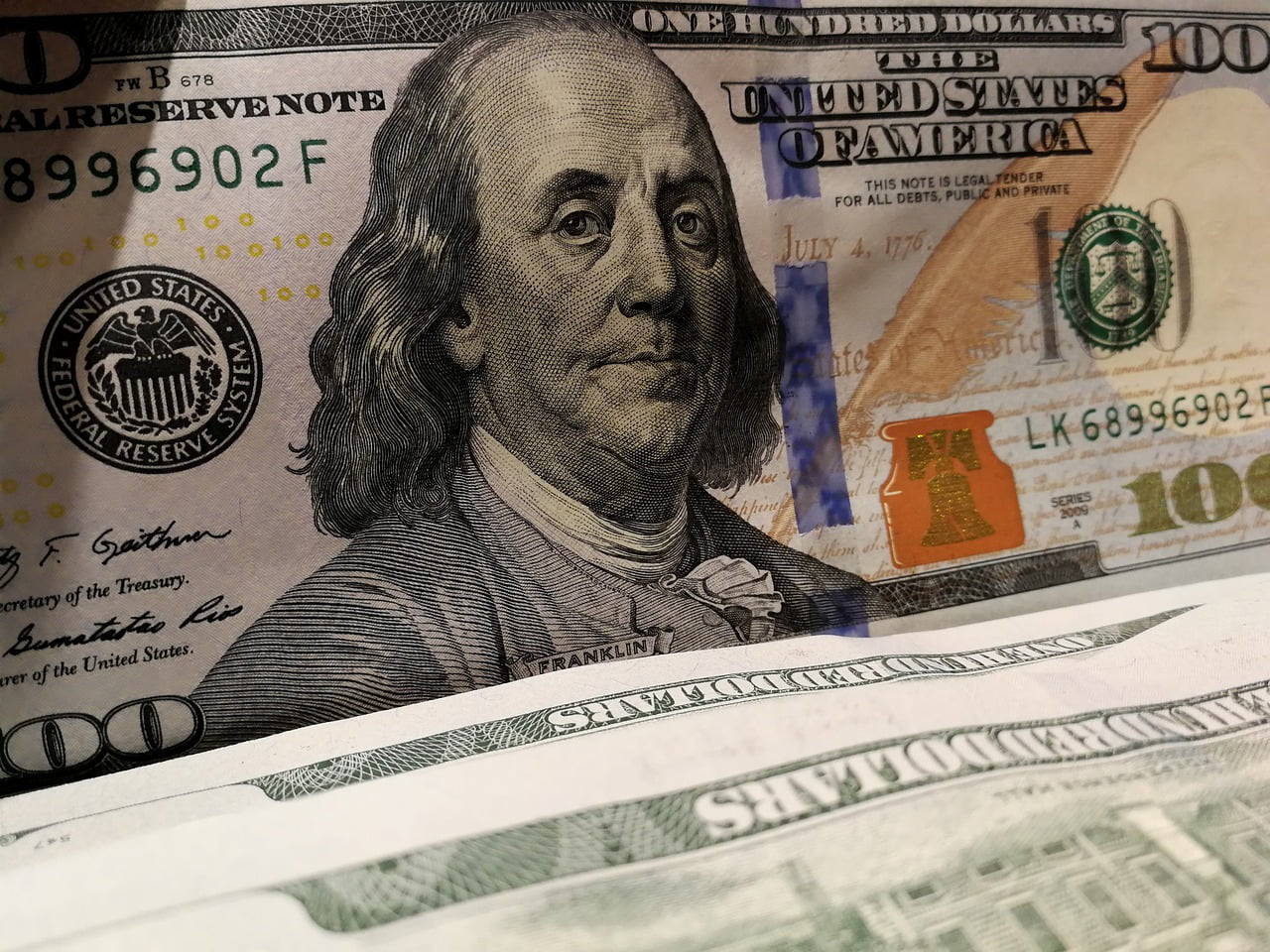As inflation continues to rise, the increasingly frequent sellofs of both stocks and bonds are severely limiting diversification opportunities for investors. However, investors can find opportunity in “commodity currencies,” notes Christoph Schon, Senior Principal, Applied Research at Qontigo.
Q3 2021 hedge fund letters, conferences and more
A Further Increase In Inflation Expectations
Since the last FOMC meeting, the 10-year US Treasury yield has climbed 0.25%, almost all of which could be attributed to a rise in the corresponding breakeven inflation rate. Christoph notes a further increase in inflation expectations is likely to intensify any co-movement of stocks and bonds, eliminating much of the traditional diversification benefits from holding the two asset classes together. Investors might, therefore, want to consider options for hedging against a further rise in consumer prices.Given that many of the recent price increases were driven by higher energy and industrial-input costs, one potential strategy would be to invest in so-called ‘commodity’ currencies, whose value is closely linked to the prices of specific raw materials. Due to their heavy reliance on oil and gas exports, the exchange rates of the Norwegian krone and the Canadian dollar, for example, are strongly driven by the level of crude prices. Australia, meanwhile, is the world’s third largest exporter of gold, which means that its currency often moves with the value of the precious metal.Christoph recently ran stress tests with a 50 bps increase in inflation and measured its impact on several global currencies. The Norwegian krone exhibited the biggest gains, as its value is most closely linked to the price of crude oil.Among the four most actively-traded currencies, the pound appears to be most likely to benefit from higher inflation. So far, rising consumer prices have been mostly good news for the British currency, the main argument being that it could prompt the Bank of England to raise interest rates sooner, which, in turn, would make the currency more attractive to foreign investors. Recent market movements seem to confirm this notion. The dollar meanwhile has been predominantly negatively correlated with inflation expectations, particularly as it weakened through most of 2020, when breakeven rates rebounded alongside recovering stock markets from their respective lows after the initial COVID panic.






